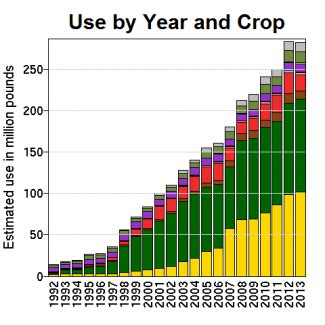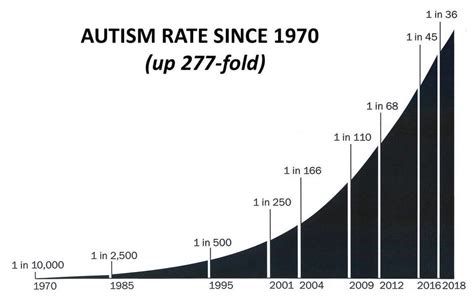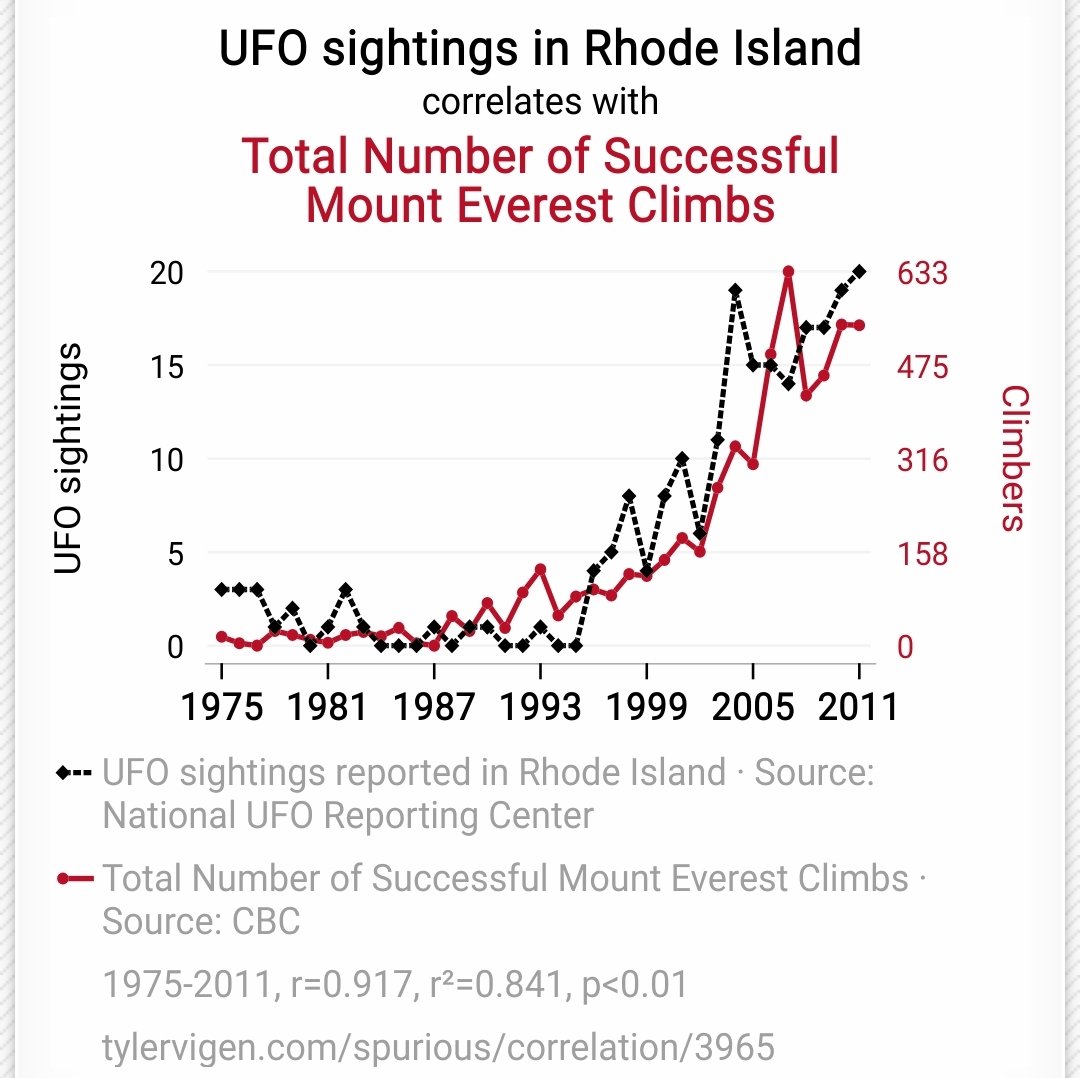“Autism spectrum disorder spiked 175% among people in the U.S. from 2.3 per 1,000 in 2011 to 6.3 per 1,000 in 2022, researchers found. Diagnosis rates climbed at a faster rate among adults in their mid-20s to mid-30s in that period, according to a study published Wednesday in JAMA Network Open.”
Autism DIAGNOSIS may be “spiking”.
This has the energy of “There weren’t gay/trans people when I was young”
Oh, there very DEFINITELY were gramma…
They were roommates
Life long bachelors
Has Josh settled down yet? He really loves those ladies, huh?
I’m unrelated news, public transportation simulator sales have spiked 175% since 2011.
I saw one of those at a public library in a small town in Connecticut! I hadn’t known they existed till then. Amazing stuff.
Isn’t this because the spectrum was expanded? Bunch of people I can think of growing up that were probably autistic but at just called them “eccentric” or “a bit odd” but were overall functional and could live a normal life. Those people today would be considered autistic whereas before they weren’t. Like a level 1 could go unnoticed by just about everyone.
Anyways I also find a lot of young adults are proud (?) to be autistic and act like it’s a superpower. As the father to an autistic child, it really isn’t. But I’m glad you guys have self esteem
Wasting all your effort on appearing still not “normal” instead of living some kind of sincere life is just very stupid.
Or, maybe better diagnosis resources are pointing at the fact there’s more autistic people
Perhaps we will discover it’s the neurotypicals that are actually divergent.
That would be awesome.
Next we should make extroverts and morning people feel like the freaks they are.
I’m autistic and a morning person. Let’s not introduce unnecessary criteria.
My finger hurts from all the sign tapping

Look at what important word is missing from the headline, while being repeated multiple times in the first paragraph?
Four times as many children have been diagnosed with autism in the past two decades amid improved awareness and screening and evolving definitions. A new study suggests diagnoses have increased at a faster clip among younger adults over the past decade.
This study isn’t about autism “spiking”, this is about medical and social acceptance of the disorder as something that can be more openly discussed and acknowledged in ourselves and our family members.
OP, call this out more in your original post.
Plenty of people are now old enough that they can go see a doctor themselves and get the diagnosis that their parents never bothered to or were unable to bring them to get when they were kids.
Considering the study is referencing young adults and pediatricians have been keeping an eye out for signs of this for quite a while now, I’m not so sure this is the case here with regard to this study at least. Someone like me who’s pushing 40 I would absolutely agree with you because nobody was monitoring this in the 80s and 90s but that hasn’t been the case for a while.
alot of us in that millenial range who were “spared” the diagnosis or just missed, are less likely to fight doctors on the topic as well. more doctors are better informed on newer information about autism. add to that, some of us paying attention to that information and expecting better lives for our kids then we or our undiagnosed parents got.
my mom spent the first 3 years after my sons diagnosis sending me lists of reasons i should give the doctors to say they were wrong. that finally stopped when she “offered parenting advice” on getting him to stop some visible stims. i stopped humoring her perspective and started silently making way too intesne eye contact inwas forced to learn, with no expression, until she got uncomfortable and left. for decades after “discovering” autistics existed, there were fewer autistics because we said there were fewer autistics.
I’m of the opinion that in a few decades we’ll see autism and ADHD dropped from the DSM as we recognize that for the majority of people it isn’t a disorder, it’s just our brains working differently. The conflict only happens because what we call neurotypicals made the rules for society (both “written” and “unwritten”) and are best suited to follow those rules, so the rules never change.
Of course there are people on the non-functional end of the spectrum, and we may either come up with a new term for that, or just redraw the diagnostic line to be closer to the non-functional end.
Of course this assumes we as a species survive past the next couple decades, and that we continue to recognize and support neurodivergence, and start to uproot the neurotypical rules that only benefit neurotypicals.
I really hope it isn’t until power representation of autistic people in the society makes it unnecessary.
Otherwise not having a diagnosis (even self-diagnosed, but just existent) makes many NT’s think you should behave like them and they can try to force you to behave like them and it’s normal to expect you to behave like them.
Also I dunno if you realize that autism also refers to people really unable to function on their own.
A disorder is something that interferes with your enjoyment of life. While I’m proudly autistic and don’t have any issues saying that, I also recognize how it makes my life more difficult.
My sensory issues, stims, and social problems do interfere with my life and did even more when I was a child. I’ve been discriminated against for being autistic by a boss who tried to say that not making eye contact meant I was bad at my job. I’ve had to seek accommodations at work, which I wouldn’t be able to do if it wasn’t a disability
I appreciate your optimism but your perception is wrong. It very much is a disability and those of us living with it know that.
I am split on this. I feel like my autism isn’t a disability. Sometimes my autistic traits can be. Neurotypicals also have mental traits that can hold them back. Mine have names like executive function disorder, but neurotypicals can exhibit many of my traits (not all) and not be as stigmatized. So I’m of the opinion that autism itself isn’t a disability, but that doesn’t mean I don’t have disabilities that stem from it.
Eehh I kinda disagree. Autism is better to describe my sensory issues and my inability to correctly verbalize what I mean, as well as trouble with facial expressions.
The disorder part is there not only because it makes it harder to interact with people, but because of different information processing (natural or societal). Kinda like how epilepsy is also technically because of difference in information processing.
The conflict isn’t just because neurotypicals made the rules. It’s because they have an easier time forming a set of rules and following them collectively (hence the etymology of the word autism). Different cultures have different rules, and neurotypicals can adjust well. Some people may have subteler difficulties, but even then, it never becomes dehabiliting to a certain point, that point being what is the difference between someone with autism and someone without.
Autism or autism diagnoses?
Tik Tok says I have it
deleted by creator
My condolences. There really is a ton of content there, so nobody can really blame you for using it.
as a diagnosed clinical depresseee, when they told me I was on the spectrum, suddenly my life made sense and my therapy changed for the better…i’m 45…
I’m 56 and just figuring out I’m probably moderately high on the spectrum. I’m probably not going to pursue a diagnosis because - why at this point
Being certain about it might probably help you make sense of your past and present, also plan somewhat for the future.
This Autism has already breached our defenses…
You’ve seen what it’s done to our colleagues!
And worst of all, it could be any one of us…
It could be in this very room! It could be you! It could be me! It could even be-
*Turn to a kid, engrossed and doodling away at some TF2 fan art, seemingly oblivious (but not) and doing nothing to anyone*
Another case of Left Handed liberation.
Edit: It seems my half-jest comment wasn’t well-received, haha. To clarify further, the percentage of left-handed individuals worldwide has remained relatively stable at around 12% for decades. However, it wasn’t always this way, and it wasn’t that long ago either, if you examine graphs showing the population of left-handed people over time. This isn’t because the frequency of left-handedness has increased; rather, it’s because our data collection and reporting on this aspect has improved significantly. As culturally left-handed individuals have stopped being persecuted for various archaic reasons, primarily religious ones, our understanding of left-handedness has also improved. Consequently, it’s not surprising that the number of individuals with autism (or any other condition) is “increasing” as we continue to refine and better understand the characteristics associated with autism. There’s lots more factors here, similar to the spike and subsequent decrease of lead-related afflictions as the world successfully moved away from leaded gasoline.
…Does anyone even know what the hell Autism even is anymore? Two decades later, seems like it’s not. It’s just the ‘everything we deem not normal, someone is on the spectrum’ diagnosis.
A therapist, I kid you not, thought that because I had a conscience in my mind (an inner voice) felt I was on the spectrum. That’s how much bullshit this Autism thing has gotten. A totally normal thing that I was told, convinced a therapist that I’m on the spectrum. Just anything can be fucking autistic apparently.
Way to have a bad therapist and project it on others instead of realizing it was a bad therapist.
No, because that’s how anyone treats autism anymore. It’s reality. But keep denying it…
Not genetic nor better diagnosis, but look at the use of glyphosate compared to the chart of the rise of autism. There is a known gut/brain link and glyposate disrupts it.



Autism doesn’t break the brain, it changes it.
In the most spectacular cases, these changes completely mess the brain up. In milder cases however, it’s far more of a mixed bag. It has a mix of pros and cons. I’m quite lucky and ended up with a lot of pros. I’m definitely not broken or sick. I do, however, think differently to most people.
Could glyphosate cause brain disruption, maybe (though unlikely). Does it cause autism, no.








